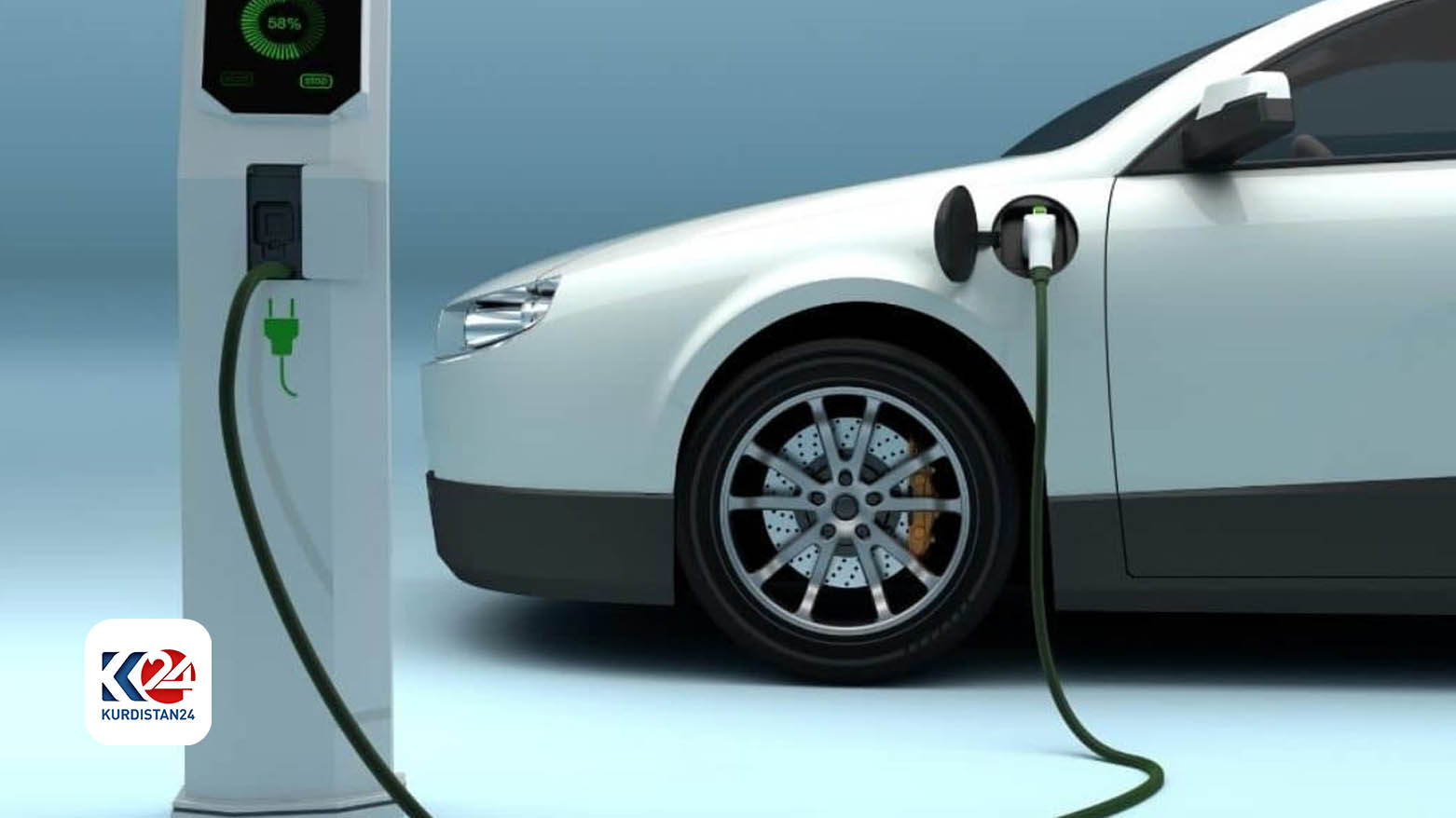Iraq to launch first domestically produced electric vehicle starting at 5 million dinars
"Electric vehicle charging stations will be distributed across existing fuel stations in coordination with relevant ministries, ensuring drivers have access to charging facilities when needed," Karim said.

Nov. 26, 2024
ERBIL (Kurdistan24) — The Iraqi Military Industry Board has announced plans to begin production and marketing of Iraq's first electric vehicle in early 2025, with prices starting at 5 million Iraqi dinars.
Qusay Ali Karim, director of communications and media of the board, stated in a press release that "the project has reached an advanced stage, with infrastructure completion exceeding 90%." He confirmed that the electric vehicle production project will commence next year with various models.
"The facility's production capacity will reach approximately 2,000 vehicles monthly, totaling 24,000 vehicles annually," Karim explained.
The project will be implemented in phases, with the first phase focusing on assembly operations, while the second phase will involve complete localization of manufacturing, introducing seven different models.
The Board has developed a comprehensive plan for charging infrastructure. "Electric vehicle charging stations will be distributed across existing fuel stations in coordination with relevant ministries, ensuring drivers have access to charging facilities when needed," Karim said.
The vehicles will come with a comprehensive one-year warranty, with prices starting at 5 million Iraqi dinars (approximately $3,800 USD). The Authority will also offer installment payment options for interested buyers.
This initiative marks Iraq's first major step into the electric vehicle industry, representing a significant shift in the country's automotive sector. The project aligns with global trends toward sustainable transportation and comes as part of Iraq's broader strategy to diversify its economy beyond oil dependency.
The Iraqi Military Industry Board's involvement in civilian production represents a notable expansion of its traditional role, potentially creating new employment opportunities and contributing to technological advancement in the country's manufacturing sector.